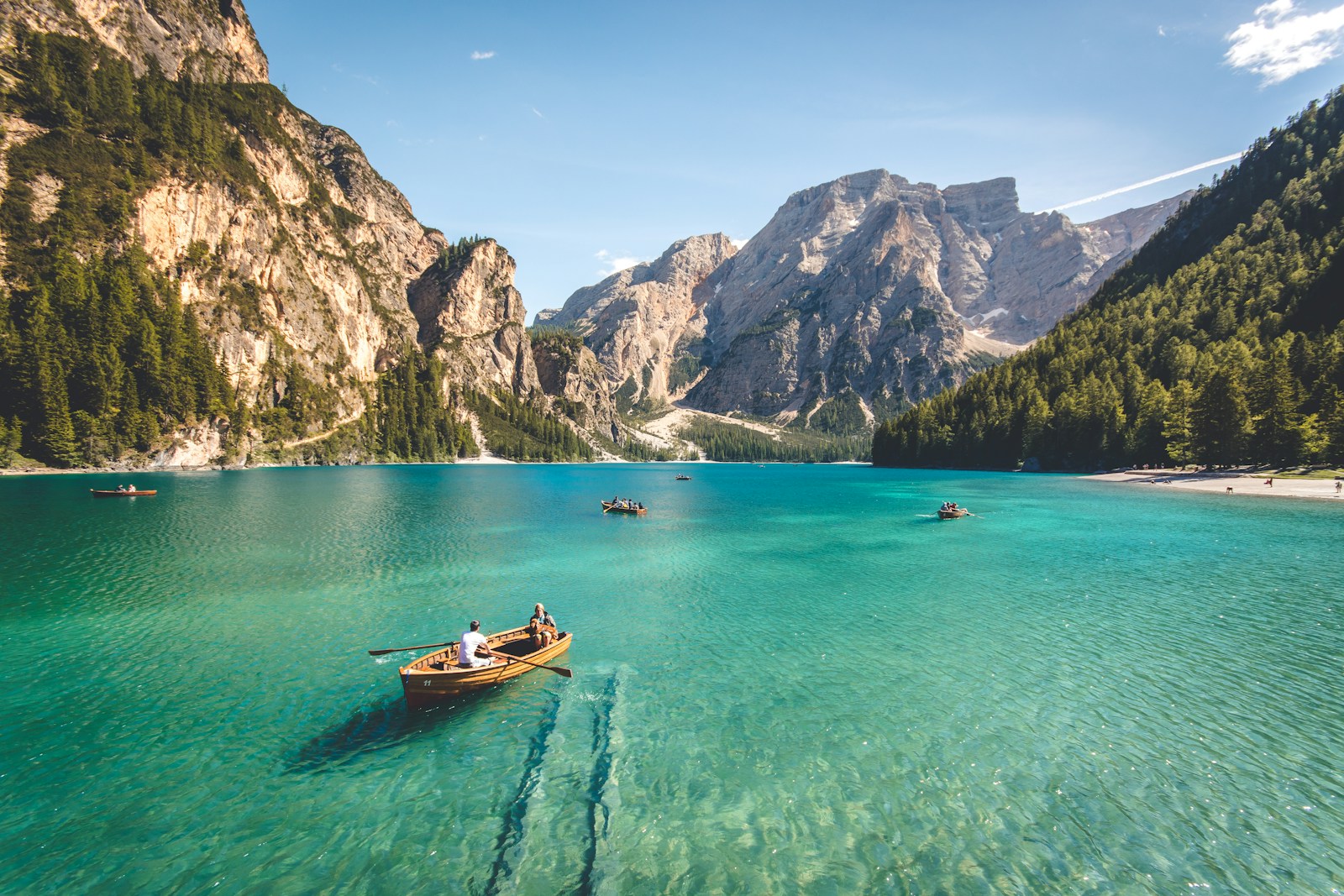Is Traveling a Hobby? Decoding the Debate for Passionate Explorers
The simple question, “Is traveling a hobby?” sparks a surprisingly passionate debate among adventurers, travel bloggers, and even casual tourists. For some, a hobby is something done weekly, like knitting or painting. For others, it’s any dedicated pursuit that brings joy and personal growth.
The truth is, traveling is more than just a hobby—it’s a lifestyle, an industry, and a profound educational tool. However, the way many people engage with the world certainly elevates it to the status of a focused, intentional pastime.
This post will explore why traveling qualifies as a hobby, differentiate between a trip and a genuine travel pursuit, and look at the enormous benefits of embracing global exploration as your primary passion.
Defining the Hobby: Does Travel Fit the Mold?
To determine if travel is a hobby, we must first look at the generally accepted definition of a hobby.
A hobby is defined as an activity done regularly in one’s leisure time for pleasure. It is a dedicated pursuit of interest that, critically, is generally not for professional reward.
When we apply these criteria, the answer becomes clear:
- Regularity: While you may not take a vacation every weekend, a true travel enthusiast is constantly engaged in the pursuit. They are planning, researching destinations, learning languages, saving money, and reading travel literature. The “hobby” isn’t just the trip; it’s the preparation and anticipation.
- Leisure Time: Travel falls squarely within leisure time, offering a break from work and routine.
- Pleasure/Enrichment: This is perhaps the strongest argument. World travel provides unparalleled pleasure through discovery, cultural immersion, and personal challenge.
- Not for Professional Reward: For the vast majority of people, international travel is an expense, not an income stream, cementing its status as a devoted pastime.
Therefore, for anyone who intentionally and consistently dedicates time and resources to it, traveling is indeed a fulfilling hobby.
Beyond the Vacation: Distinguishing Intentional Travel
Not every trip is a hobby. A frantic business trip or a mandatory family visit doesn’t count. The difference lies in the intentional pursuit of experience and knowledge.
The Casual Trip (Vacation) 🏖️
A vacation is a temporary escape. Its primary goal is relaxation and a break from routine.
- Focus: Sunbathing, all-inclusive resorts, minimal planning.
- Duration: Fixed, often short.
- Intent: Recharge.
The Travel Hobby (Exploration) 🗺️
A true travel hobbyist seeks active engagement, education, and immersion. They are not passive tourists; they are active explorers.
- Focus: Detailed research, learning local phrases, seeking authentic cultural experiences, and often challenging themselves.
- Duration: Varies, but the passion is continuous.
- Intent: Learn, grow, and collect experiences.
Long-tail Keyword Insight: The difference is often described as the pursuit of intentional travel experiences versus just taking a standard family vacation.
The Specialized Niche: How Travel Becomes a Dedicated Skill
Within the broad category of travel as a hobby, many people specialize, turning general exploration into a specific, high-skill pastime. This specialization is a hallmark of a genuine hobby.
Types of Specialized Travel Hobbies:
- Adventure Travel: Pursuing high-adrenaline experiences like mountaineering, scuba diving, or extreme trekking. This often involves rigorous physical training alongside travel planning.
- Culinary Tourism: Traveling primarily to experience and learn about regional cuisine, attending cooking classes, and seeking out renowned chefs or local markets.
- Heritage/Genealogy Travel: Dedicating trips to visiting ancestral homelands, historic battlefields, or researching family history archives in foreign countries.
- Eco-Tourism/Wildlife Photography: Focused on visiting remote natural areas, conservation sites, and mastering specialized photography skills in diverse environments.
- Budget Hacking (The Hobby of Traveling): For many, the hobby is the game of travel itself—finding the best flight deals, maximizing credit card rewards, and masterfully planning intricate, low-cost international itineraries.
In these cases, travel requires a specialized skill set, dedication, and continuous learning, firmly placing it in the realm of a serious, complex hobby.
The Powerful Benefits of Embracing Travel as a Hobby
The reward for adopting travel as your lifelong hobby goes far beyond souvenir T-shirts. The dedication involved yields tremendous personal growth and practical skills.
1. Enhanced Cognitive Skills
- Problem-Solving: Navigating a foreign subway system, dealing with a lost passport, or translating menus forces the brain to quickly adapt and solve complex, real-world problems.
- Language Acquisition: Even learning a few phrases boosts your cognitive flexibility and memory.
- Increased Creativity: Exposure to new environments breaks habitual thought patterns, inspiring creative thinking and personal development.
2. Boosted Resilience and Patience
- Stress Management: Travel forces you to tolerate uncertainty, from flight delays to cultural misunderstandings. This builds an emotional “muscle” that makes you more resilient in everyday life.
- Patience: Waiting in line for customs or dealing with unexpected setbacks is a masterclass in patience.
3. Deepened Empathy and Global Citizenship
- Cultural Competence: Global exploration actively combats ethnocentrism by showing you that there are countless valid ways to live, eat, and organize society.
- Empathy: Witnessing different realities firsthand fosters deep, actionable empathy and turns you into a more responsible global citizen.
In conclusion, stop questioning if travel counts. If you spend your time reading about destinations, budgeting for your next journey, and dreaming of new maps, you’ve already claimed your passion. Traveling is a rewarding hobby that offers not just pleasure, but a continuous education and transformation of self. Embrace your inner explorer!

